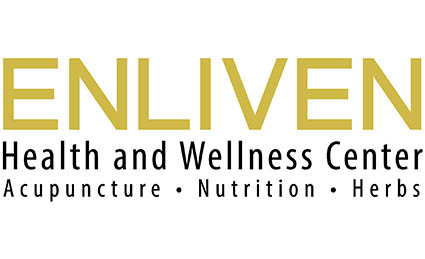What Do We Know About Past COVID-19 Infection on Pregnancy and Frozen Embryo Transfers?
Blood Clotting and COVID

Assisted Reproductive Technologies (May 2022,) reports that pregnancy rates are significantly reduced in women who had Covid in less than 60 days prior to their transfer. For comparison, the pregnancy rate for those less than 60 days Covid positive women was 21% versus 55% in those who had Covid more than 60 days.
Conception usually occurs somewhere in a woman’s Fallopian tube often within hours to a day or so after ovulation. The embryo, like a mother ship, makes its way down the tube to find a comfortable landing pad in the uterus. Over the next 6 weeks that embryo will be working to establish a network of blood vessels. Much like a small seedling establishes roots you in your garden.
These early blood vessels are tiny hairlike structures that will develop into the vast network that becomes the placenta. Until the mother’s body can completely support the developing child it must rely on it’s own mitochondria. Think of the mitochondria as as battery pack. The sooner the mother’s blood and nutrition can reach that embryo, the more chances it has of surviving and not running out of energy for growth.
Research, COVID and Pregnancy
While there are still not enough studies to say conclusively that Covid is causing blood clotting, we do know form an early 2022 JAMA article that severe complications and mortality in pregnant women is increased in women with Covid versus those without the virus (13.4% vs 9.2% respectively). I have seen first hand in my practice, patients getting Covid right before getting pregnant or in the early stages of pregnancy resulting in a pregnancy loss due to micro clotting.
In these cases there has been no elevated risk for clotting factors found, so it is a reasonable conclusion that Covid might be playing a role. We cant know for sure, and I have only had a couple of cases, but it is sad and traumatic to lose a child at 24 weeks due to a clotting issue.
This is especially relevant for people who are going through the expense of IVF and FET. If you find yourself preparing to have a transfer and you have recently gotten Covid, you might consider waiting 60 days. It seem the risk of blood clotting is reduced after 2 months.
We are very lucky to have Assisted Reproductive Technologies (ART) as a way to help support our family planning. We live in a time where 1 out of every 5 couples has challenges conceiving. But ART comes at quite an expense, and often we end up with a limited number of embryos of varying quality.
Even with ART, conception isn’t always a guarantee. When a couple has only a few embryos it’s important to strategize so your embryos have every possible chance of survival. And in the case of Covid it just might make a difference to wait a 60 days to do the transfer.
In the meantime, go see your San Antonio acupuncturist to “prepare your soil”. There are a number of things acupuncture can help with during those remaining weeks: making sure all the blood in your uterus is getting discharged properly every month so new fresh and viable blood builds up, increasing blood flow overall to the uterus, reducing systemic inflammation, and keeping your hormones in balance, all of which will help support a healthy and easy pregnancy.

https://link.springer.com/article/10.1007/s10815-022-02517-w#Sec5
https://jamanetwork.com/journals/jama/fullarticle/2788985
https://www.webmd.com/lung/news/20200527/clotting-tied-to-covid-19-may-harm-the-placenta#1
https://www.sciencedaily.com/releases/2020/07/200729114821.htm
Bethany Richardson is a licensed acupuncturist and herbalist, and the founder of Enliven Health and Wellness in San Antonio, TX.




